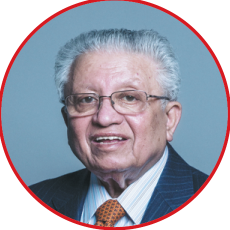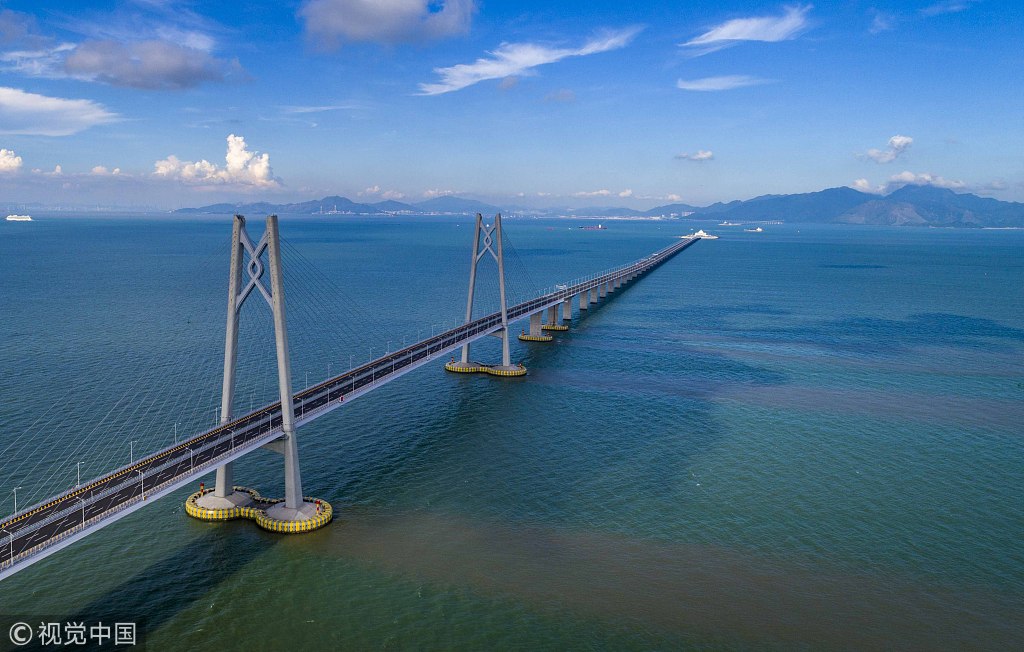
Jun 4, 1940, in Dhaka, Bangladesh (then part of India's East Bengal)
EDUCATION:
1961-70: MSc in engineering production and management; PhD in engineering production, University of Birmingham
1992-93 MA, automotive design, Coventry University, UK
CAREER:
1961-67: 1961-67: Graduate apprentice, Lucas Industries
1980-present: Professor of manufacturing systems, University of Warwick
1980-present: Chairman and founder, Warwick Manufacturing Group
1993-2003: Member of the Council for Science and Technology, adviser to the British prime minister
2004-present: Member of the House of Lords
WMG founder give China's engineers the skills to soar

China's passion for engineering and innovation has elevated its manufacturing industry on the world stage and contributed to global scientific advances, according to Kumar Bhattacharyya, the influential British-Indian industrialist.
Bhattacharyya, founder and chairman of Warwick Manufacturing Group, had long been fascinated by the evolution and ingenuity of Chinese engineering when he first visited the country almost 40 years ago. Yet at the time, he said, he had no idea his life would be so intertwined with its rapid development.
WMG, one of the world's leading research and education groups in the fields of manufacturing and management, was established at Warwick University in the United Kingdom in 1980. Two years later, the Indian-born professor traveled to Beijing as part of a high-level scientific and industrial mission sent by the British government.
China was just four years into its reform and opening-up policy, and Bhattacharyya said he remembers arriving at the capital's old airport, and that the roads were filled with bicycles rather than cars.
He also noted that the country had a massive shortage of industrial talent in the manufacturing sector, although he felt a huge desire to learn and a real passion for innovation.
"It was an exciting time," he said. "I knew China wanted to grow as fast as possible in the manufacturing economy and start producing products that could compete with the best in the world."
Bhattacharyya said he believed that a prosperous China would not only lift living standards for the Chinese people but also speed up global scientific breakthroughs. So, he worked to reinvigorate Chinese manufacturing through the application of advanced research, education and knowledge transfers.
In 1983, he invited renowned rocket scientist Liang Sili as well as key members of the now defunct Ministry of Aerospace Industry to the UK for six months to learn from experts at WMG. During that period, he shared techniques and knowledge that contributed to the development and design of control systems for the Long March rocket.
Bhattacharyya was so impressed with the Chinese engineers' ability to absorb and practice what they had learned that he invited a select group of them to work at WMG in 1985.
Not only was it one of the few technological partnerships between China and Western universities at the time, he said, but it also laid the foundation for a three-decade relationship with the State Administration of Foreign Experts Affairs.
The administration introduced WMG to some of China's most innovative businesses and institutions, while the British side provided Chinese workers and managers with an advanced engineering education.
Since this mutually beneficial partnership was forged in the early 1990s, WMG has trained more than 20,000 Chinese students, workers and scientists, including awarding over 2,500 with master's degrees.
At least 1,900 engineers trained by WMG now hold senior positions at Chinese companies and research institutes in the fields of astronautics, transportation, and defense. These include China Aerospace Science and Technology Corp, Aviation Industry Corp of China, and the Beijing Academy of Science and Technology.
WGM now trains more than 300 Chinese students a year in the UK, and the group also offers full-time programs in Beijing and Hong Kong.
"China-UK scientific cooperation has been going very well, and this relationship is growing and getting better every day," said Bhattacharyya, a member of the House of Lords since 2004. "Chinese scientists are very welcome in the UK, the same way British scientists are in China."
In recognition of his longstanding contribution to China-UK scientific cooperation, the industrialist was presented last year with the Great Wall Friendship Award, by Beijing's city government.


